In this Washington Post series, ordinary citizens and medical experts tell reporter Eli Saslow about the impact of Covid-19 on their health, livelihoods, relationships and more. In two samples from these moving accounts, Kaitlin Denis discusses suffering long-haul Covid, and Stanley Plotkin, 88, a veteran in vaccine research, expresses frustration about misinformation. He explains that science saves lives, but superstition and poor communication can create obstacles that put people at further risk. Reporters know the best way to tell a very big story is to bring it down to individual cases, and Saslow does just that.
Covid “long-haulers” struggle with many mysterious, lingering symptoms.
Kaitlin Denis and her husband contracted Covid-19 at the beginning of the pandemic. He recovered fully within a few weeks, but she still suffers lingering symptoms. Denis worked in finance and was dedicated to her career, but she found that after having the coronavirus, she couldn’t get out of bed or do her job properly due to dizziness, exhaustion and brain fog. These symptoms endured for more than a year; what frustrates Denis most is that her symptoms are unpredictable. The most constant are chronic fatigue and body aches, but others come with no warning, including nausea, ringing in her ears and sore ribs. Her tests indicate she has recovered; her lung scans and blood work are fine. Is it all in her head?
Even with the knowledge that other sufferers numbered in the thousands, Denis still suffers guilt and depression. She believes she should work harder to recover, but her symptoms render her almost helpless.She worries deeply that perhaps this is who she will always be.
It may take years for doctors to understand...
Washington Post columnist Eli Saslow writes Voices from the Pandemic, a bi-weekly chronicle of Americans that Covid-19 touched. He won the 2014 Pulitzer Prize in Explanatory Reporting for coverage of hunger in the United States and was a finalist for the Pulitzer Prize in feature writing in 2013, 2016 and 2017.








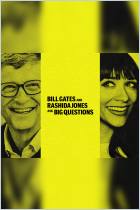
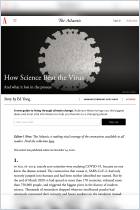
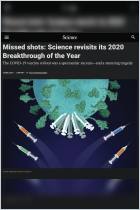
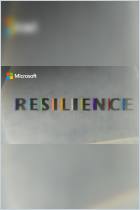
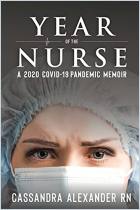
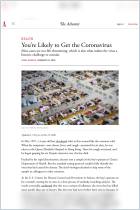
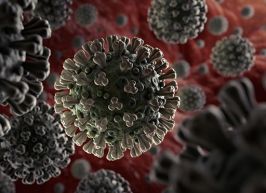

Comment on this summary or Démarrer une discussion